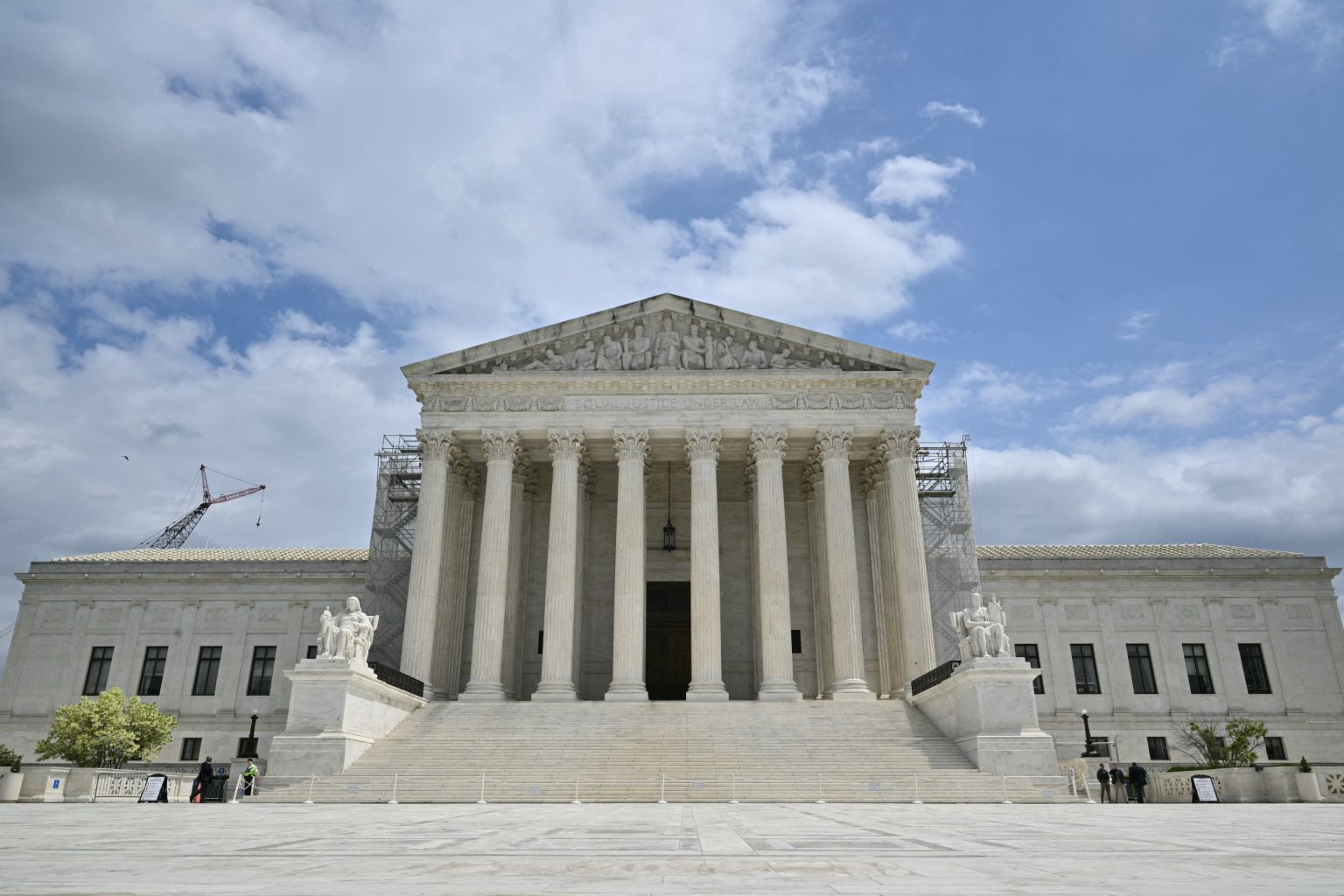The U.S. Supreme Court recently saw a rare situation where Justices Brett Kavanaugh and Ketanji Brown Jackson sat out of a decision relating to a case involving a Canadian-born former Guantanamo Bay detainee, Omar Khadr. Khadr sought to have his war crimes convictions vacated but the Court ultimately rejected his appeal due to his guilty plea in 2010 which waived his right to appeal. Khadr had previously killed a U.S. soldier in Afghanistan in 2002 and was sentenced to eight years in prison. He was released on bail in 2015 and finished his sentence in 2019. Justices Kavanaugh and Jackson decided to sit out of the decision, marking the first time during the current term that two justices did so because they had previously heard the case when they were appeals court judges.
In a separate instance earlier in the term, every conservative justice sat out of a case where they were named as defendants. Chief Justice John Roberts, along with Justices Clarence Thomas, Samuel Alito, Neil Gorsuch, Kavanaugh, and Amy Coney Barrett, chose not to weigh in on the case MacTruong v. Abbott, which argued the constitutionality of the Texas Heartbeat Act. The conservative justices did not provide a detailed justification for their decision to sit out of the case but it was noted that they are not required to do so. The Supreme Court requires at least six justices to hear a case, and in this instance, only Justices Elena Kagan, Sonia Sotomayor, and Jackson remained to affirm the judgment of a lower court to dismiss the lawsuit.
Conservative justices also decided to sit out of the Truong, Mac v. Stitt, Kevin, et al. case in 2022, which focused on abortion restrictions in Oklahoma. This case similarly named five Court justices, along with Virginia “Ginni” Thomas, as defendants, leading to their decision to not participate in the case. The decision to sit out of cases where the justices were named as defendants is unusual and adds to the unique circumstances seen within the Supreme Court during the current term. The reasons behind such decisions remain undisclosed, but they serve to highlight the complexities and nuances of the judicial decision-making process within the highest court in the land.
The Supreme Court’s handling of cases where justices choose to sit out due to their prior involvement or being named as defendants raises questions about transparency and neutrality within the judicial system. While justices are not required to provide detailed justifications for their decisions to recuse themselves, these situations draw attention to potential conflicts of interest or ethical considerations that may influence the outcome of cases. The Supreme Court plays a crucial role in interpreting the law and upholding justice, and the integrity of its decisions hinges on the impartiality and fairness of its justices, underscoring the significance of maintaining public trust in the judicial process.
As the Supreme Court grapples with complex legal and constitutional issues, the challenges of ensuring transparency and accountability become increasingly relevant. The decisions to sit out of cases or recuse themselves due to conflicts of interest or prior involvement require careful consideration and adherence to ethical standards to uphold the integrity of the Court. These instances serve as reminders of the importance of upholding the rule of law and the principles of justice, highlighting the need for a robust and transparent judicial system that can inspire public confidence and trust. As the Supreme Court continues to navigate contentious legal disputes and constitutional matters, the need for transparency, accountability, and ethical conduct remains essential in upholding the rule of law and safeguarding the principles of justice and fairness.


